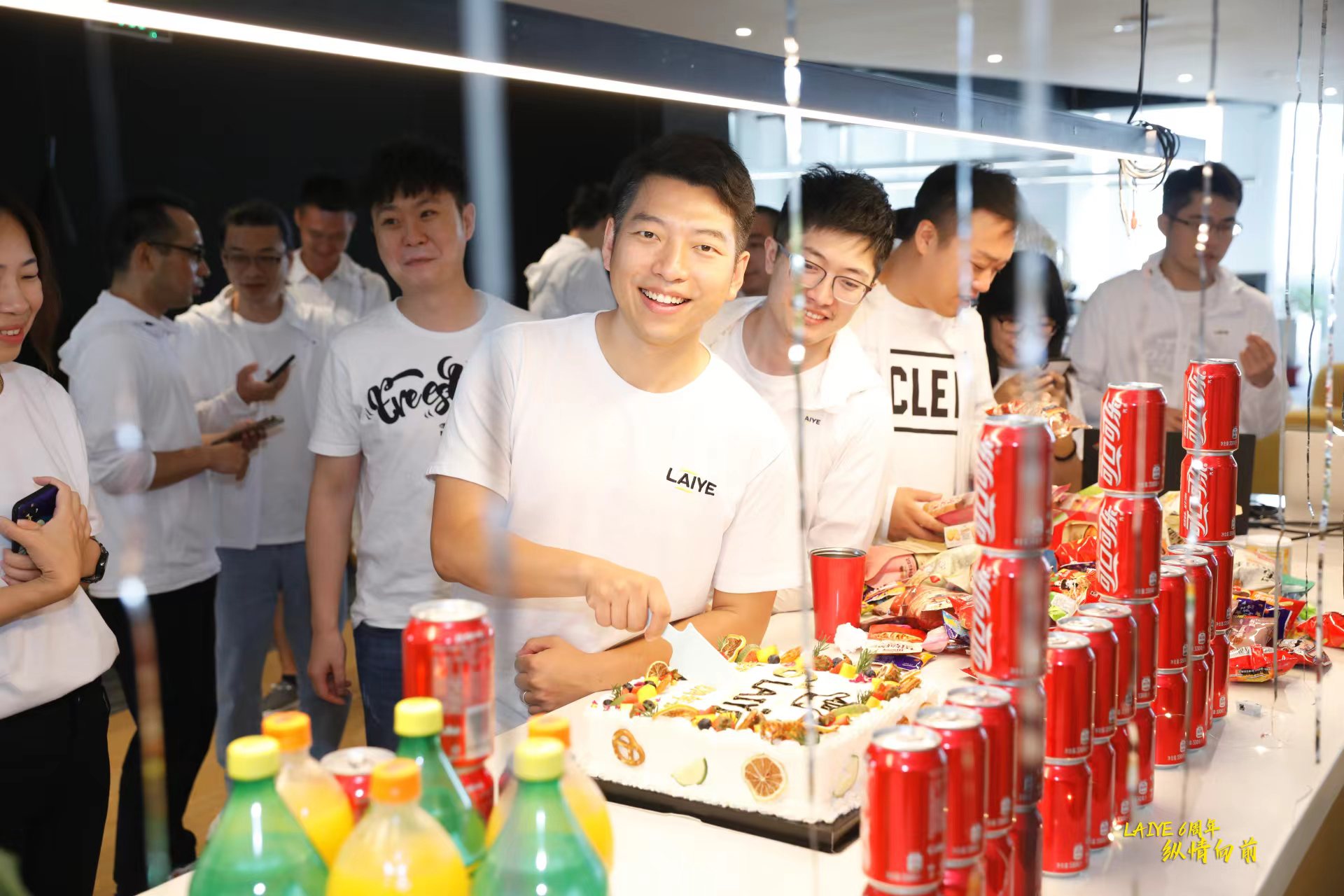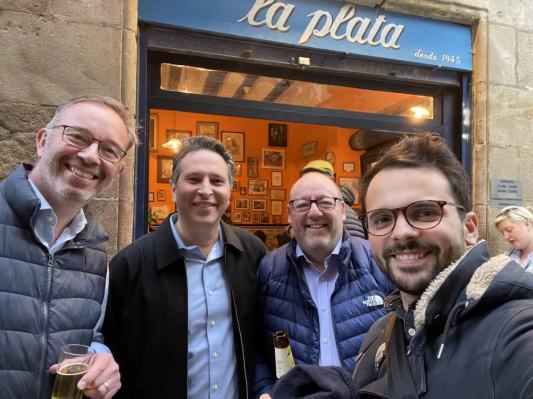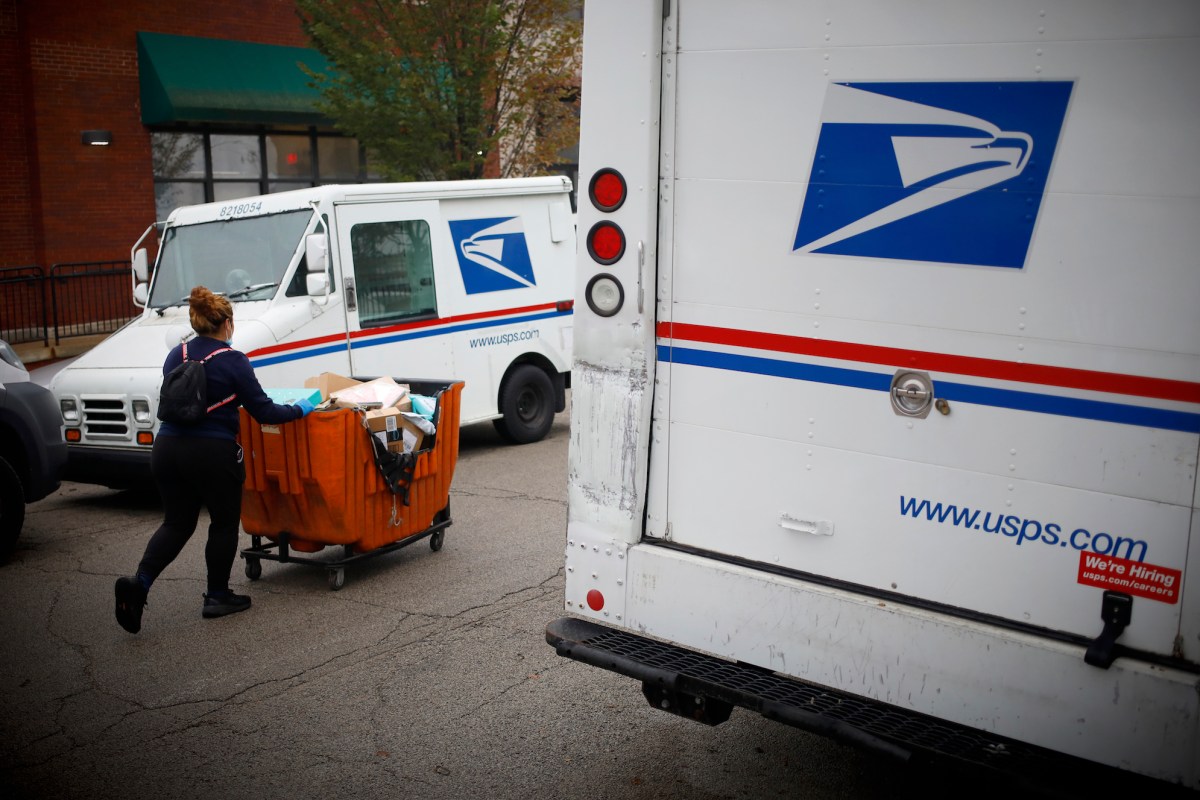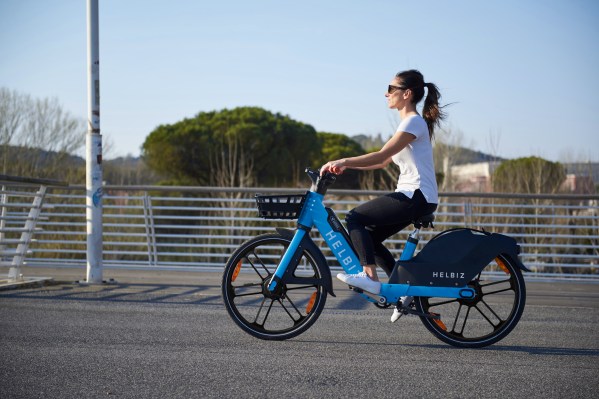Laiye raises $160M, acquires France’s Mindsay – TechCrunch
An ambitious Chinese startup wants a slice of the flourishing global work automation market. Laiye, a Beijing-based company that provides a one-stop platform for automating office tasks of varying degrees of complexity, just picked up $160 million from a Series C funding round to expand globally.
Guanchun Wang, Laiye’s founder and CEO, saw the “value of artificial intelligence” in the years he worked at Baidu’s smart speaker department after his film discovery startup was sold to the Chinese search engine giant. At the time, he also realized traditional industries were well underserved compared to the attention that internet platforms like short videos and news apps received from AI entrepreneurs. To fill the gap, he started Laiye in 2015.
Laiye’s Series C financing came in three tranches, with the last one to have recently closed at $70 million, an oversubscribed round led by influential Chinese private equity firm Hopu Magnolia. Other investors include VMS Group from Hong Kong, Chinese private equity firm Youshan Capital, as well as existing investors Lightspeed China and U.S.-based Lightspeed Venture Partners.
Adding Hong Kong-based investment firm VMS Group to the company’s cap table will bring the resources needed for a potential initial public offering in the city, said Wang. The company doesn’t have a timeline for its IPO yet but will hold early discussions with the Hong Kong Stock Exchange in the coming months.
Start from Paris
Concurrent with the fundraising announcement is Laiye’s acquisition of Paris-based chatbot service provider Mindsay for an undisclosed amount and transaction type. The two met through the startup’s investor Cathay Innovation, and the acqui-hire will pave the way for Laiye’s entry into the Europe market, said Wang.
In Paris, Laiye is slated to assemble a product and engineering force, building on top of Mindsay’s 30-people team. Much of the top developer talent in China has gotten just as expensive as their counterparts in Western countries, observed Wang, who holds a PhD in machine learning from Princeton. Laiye picked Paris as its springboard for entering the rest of Europe partly because Mindsay is there, but France itself is also a great source of science and engineering talent, the founder said.
Mindsay nicely complements Laiye’s main product offerings, which include conversational AI and robotic process automation (RPA), a technology that mimics repetitive human actions interacting with digital interfaces, such as processing an insurance claim, and one that has been popularized by New York-based UiPath.
While RPA software has universal adaptability, the success of scaling conversational AI is “highly dependent on language processing and data collection, which is why expanding RPA across different regions can’t happen overnight,” explained Wang. Acquiring Mindsay naturally allows Laiye to leapfrog the development challenges of training algorithms for a new language. Wang also saw a strong “cultural alignment” between his business and the French startup led by a team of young founders.

Laiye CEO Guanchun Wang. Image Credits: Laiye
Laiye has aggressive goals for global expansion. Right now, the company generates just about 20% of its revenues outside China, with customers spanning Europe, the Americas and Southeast Asia. It aims to raise that ratio to 50% by 2025, at which point it expects to be operating several tech development centers across various continents. Twenty percent of its employees are outside China at the moment, but it expects the proportion to reach 50% in a few years’ time.
The startup appears ready to have a crack at the international business front after bringing on a group of international C-suite executives. Ronen Lamdan, its CEO for international markets, for example, was a former sales director at Microsoft and led business process automation company WorkFusion in Asia.
Monetize
In terms of operational metrics, Wang said Laiye’s products for individual as well as SME users have already turned profitable, while its segment targeting Fortune 500 clients still requires significant investments in product development and sales.
“[Large corporations] are the biggest opportunity for us,” said Wang, who believed the competitive edge of his startup is its ability to provide an “integrated” platform that covers the full scope of an employee’s daily routines, from answering calls to processing documents, rather than solving just one single process.
Wang declined to disclose the valuation of his company, saying an announcement will be made when it reaches “unicorn status.” Worldwide Laiye has nearly 200 large corporate customers and global consultancies as strategic partners including Deloitte and KPMG. Its software suite is available on Microsoft Azure and Alibaba Cloud across the globe, and it boasts a community of 600,000 developers working on all forms of work automation solutions.




